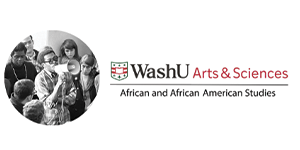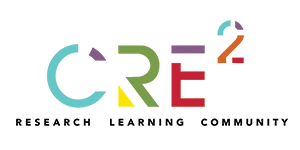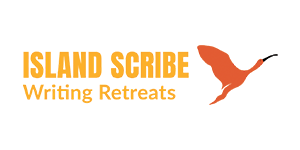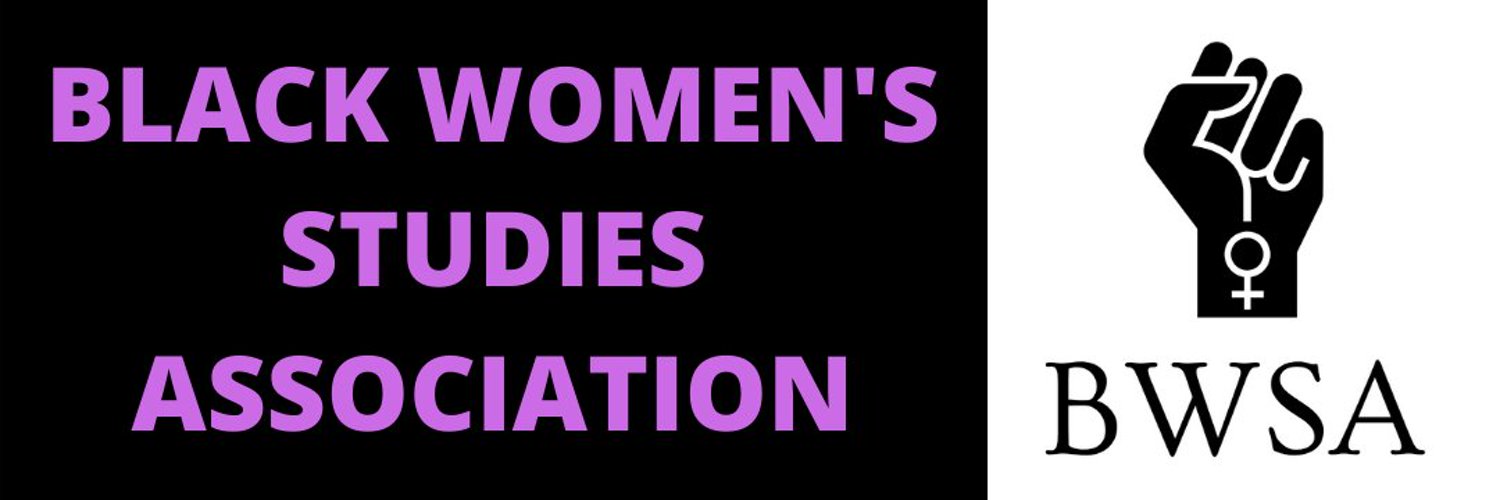
The Black Women’s Studies Association is a professional organization dedicated to scholars engaged in research about Black women. BWSA is an inclusive, anti-oppressive space that welcomes scholarly contributions about Black trans women, non-binary people, queer women, and cis-gendered women. This organization is for scholars at all stages of their careers, whether they be undergraduate students, graduate students, independent scholars, adjunct professors, postdoctoral fellows, professors, and scholars with alternative academic careers. BWSA is an interdisciplinary and multidisciplinary organization that welcomes various methodological approaches to studying Black women’s experiences, histories, politics, literature, and more. The Association is committed to diasporic and intersectional analyses of Black women and the conditions related to Black women. We are invested in providing professional development and mentorship opportunities to junior scholars. BWSA is committed to promoting scholar-activism and offering accessible points of engagement in the field of Black Women’s Studies beyond the traditional boundaries of academia.
BWSA is a registered 501(c)(3) organization.
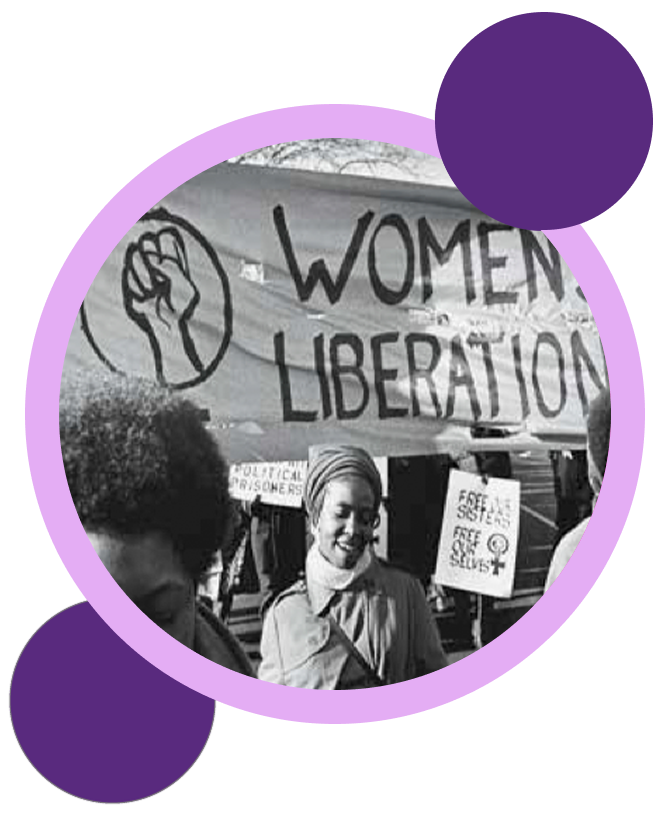

Examine money mindsets, its connections to your personal histories, and develop a plan to manage a grow your finances.

Interact and connect with other attendees in Black feminist-themed chat rooms

Members have exclusive access to a BWSA-tailored workshop and retreat experiences designed to foster professional growth and community building

Dr. Ashley Farmer is an internationally known and award winning writer, researcher, and cultural analyst who explores and reports on Black history and its implications today. She is the author of Remaking Black Power: How Black Women Transformed an Era and Queen Mother: Black Nationalism, Reparations, and the Untold Story of Audley Moore. Farmer’s ideas and insights have appeared in numerous venues including Harper's Bazaar, NPR, the Washington Post, and Teen Vogue. Ashley lives, reads, and writes in Austin, Texas, and teaches at the University of Texas at Austin.
This plenary session will feature experts in diverse areas of publishing, offering graduate students and early career scholars insights into navigating the often complex publishing landscape. Through engaged discussions, panelists will address the nuances of publishing, including challenges, opportunities, and strategies for success in scholarly writing and publishing.
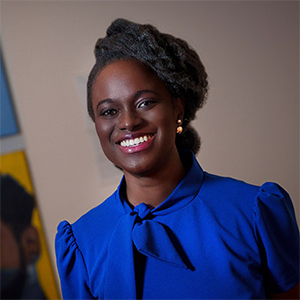
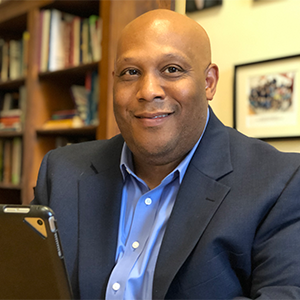
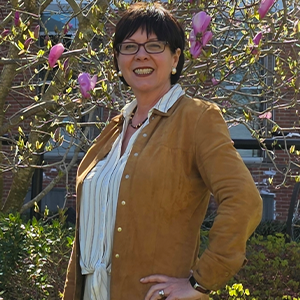
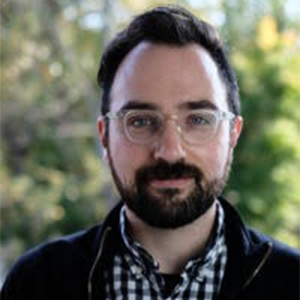
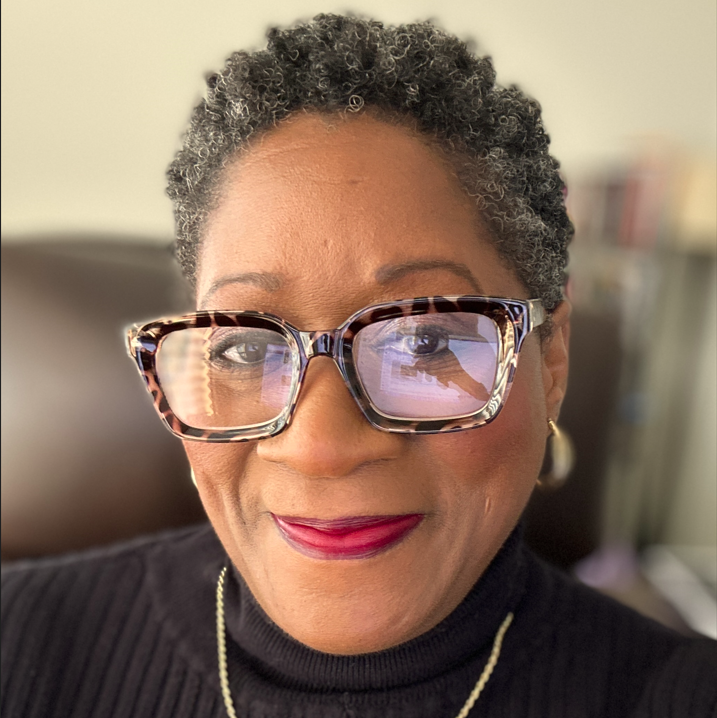

Howard University
“The Call is Coming from Inside the House:” Black Women in Education
More Details
Read Bio

University of North Carolina-Greensboro
Transgressive Acts: Black Womanhood and the Politics of Representation
More Details
Read Bio

University of Portland
Transgressive Acts: Black Womanhood and the Politics of Representation
More Details
Read Bio

University of Texas–Austin
“Saving Ourselves”: Black Women’s Agency & Self-Advocacy
More Details
Read Bio

University of Louisville

Université de Montréal

Northern Illinois University

University of Maryland
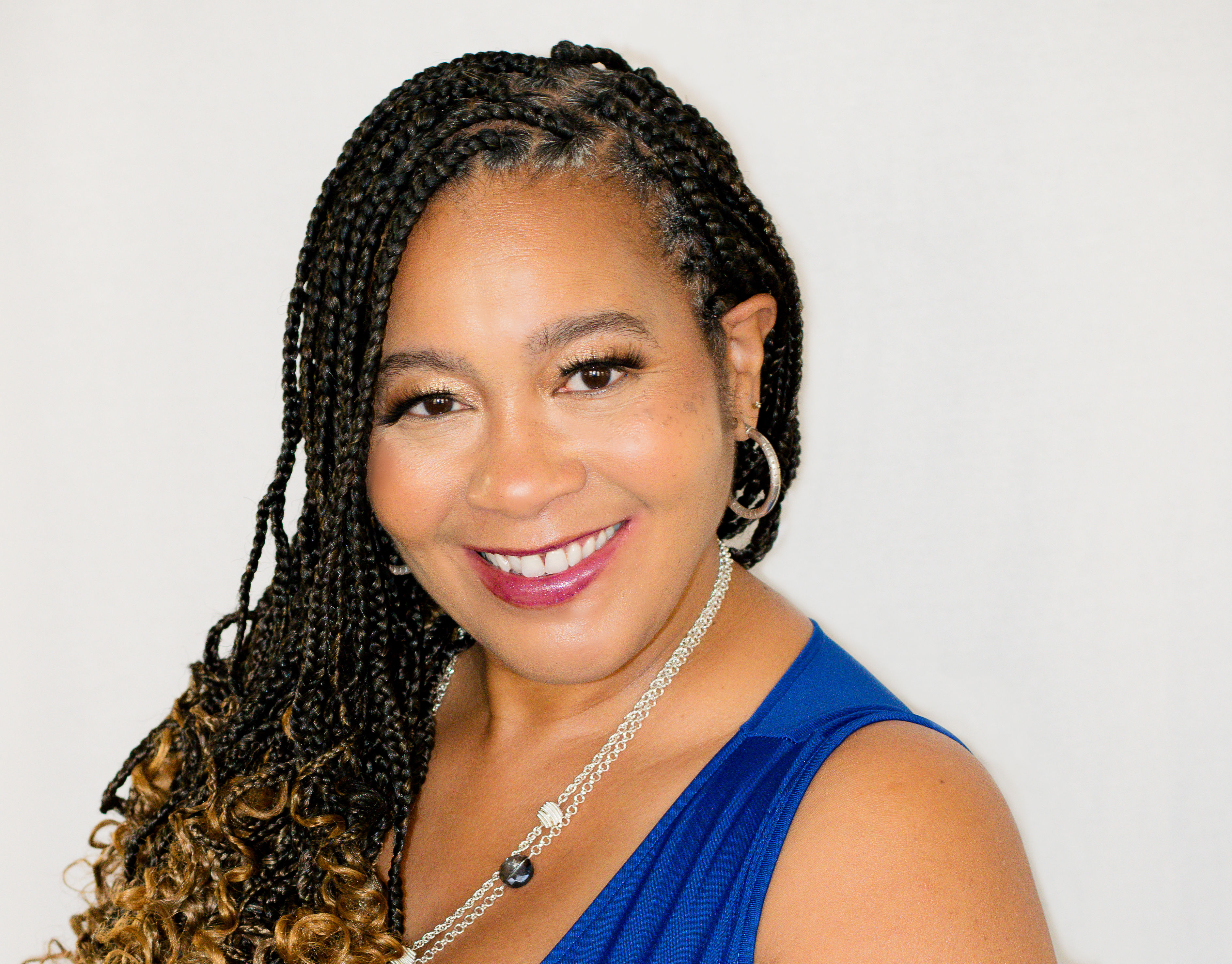
California Institute of Integral Studies

Southern University and A&M College
Locating Black Women in the Archives: The Politics of Place
More Details
Read Bio

University of Oregon

Carleton University

University of North Carolina–Greensboro
(fully constituted panel) At the Nexus of Black Women Studies & Public Health: Exploring Black Women’s Health and Activism across Diverse Context
More Details
Read Bio

University of North Carolina–Greensboro
(fully constituted panel) At the Nexus of Black Women Studies & Public Health: Exploring Black Women’s Health and Activism across Diverse Context
More Details
Read Bio

University of North Carolina–Greensboro
(fully constituted panel) At the Nexus of Black Women Studies & Public Health: Exploring Black Women’s Health and Activism across Diverse Context
More Details
Read Bio

John Hopkins University
(fully constituted panel) At the Nexus of Black Women Studies & Public Health: Exploring Black Women’s Health and Activism across Diverse Context
More Details
Read Bio

Los Angeles Southwest College
(fully constituted panel) Black Feminists: Critical Challenges Faced and Crucial Solutions Provided in International Intersectionality
More Details
Read Bio

California State University–Northridge
(fully constituted panel) Black Feminists: Critical Challenges Faced and Crucial Solutions Provided in International Intersectionality
More Details
Read Bio

Independent Scholar
(fully constituted panel) Black Feminists: Critical Challenges Faced and Crucial Solutions Provided in International Intersectionality
More Details
Read Bio

(fully constituted panel) At the Nexus of Black Women Studies & Public Health: Exploring Black Women’s Health and Activism across Diverse Context
More Details
Read Bio
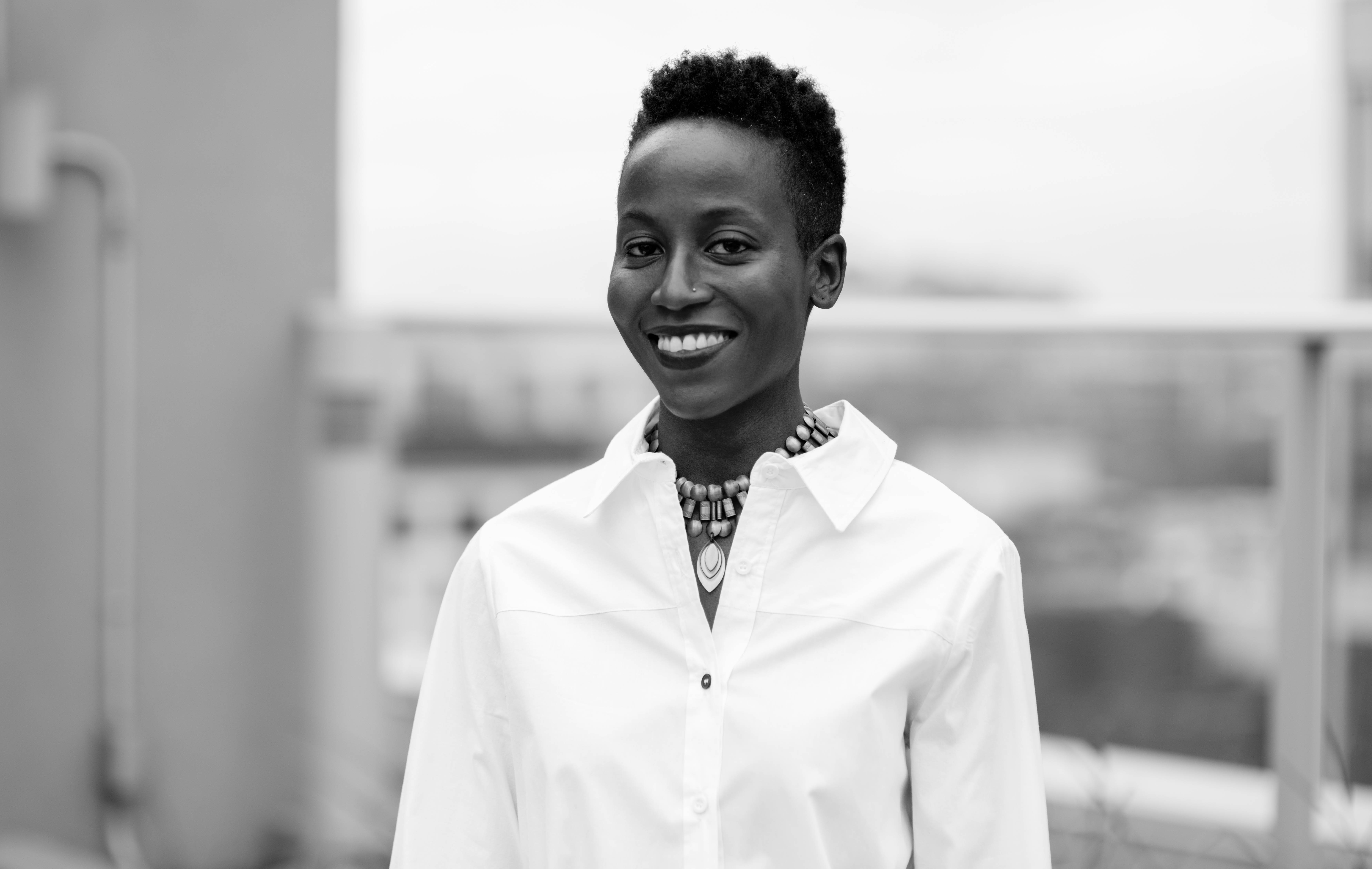
Co-Founder, Island Scribe
Writing as Liberation: Claiming Your Writing Practice (Workshop)
More Details
Read Bio
 April 4, 2025 09:00 am
April 4, 2025 09:00 am
Nneka Dennie
BWSA President and Co-Founder

Jessica Samuel PhD

 April 4, 2025 09:45 am
April 4, 2025 09:45 am
Jamela Joseph
Howard University

Prilly Bicknell-Hersco
York University

Chenelle Boatswain
Independent Scholar

 April 4, 2025 09:45 am
April 4, 2025 09:45 am
Andrea Lewis
University of North Carolina-Greensboro

Amy Ongiri
University of Portland

 April 4, 2025 11:15 am
April 4, 2025 11:15 amPlease visit the lounge and exhibit hall for networking.

 April 4, 2025 12:00 pm
April 4, 2025 12:00 pm
Jessica Samuel
BWSA Conference Chair

Shauna Rigaud
BWSA Vice President

Melanie Holmes
BWSA Secretary

Jacinta R. Saffold
BWSA Treasurer and Co-Founder

Olivia Adams
BWSA Blog Editor

Prilly Bicknell-Hersco
BWSA Membership Chair

Nneka Dennie
BWSA President and Co-Founder

 April 4, 2025 01:15 pm
April 4, 2025 01:15 pm
Simone Dalton
Co-Founder, Island Scribe

 April 4, 2025 01:15 pm
April 4, 2025 01:15 pm
Ana Carolina Assumpção
University of Texas–Austin

Barbie Parker
University of Louisville

Diahara Traoré
Université de Montréal

 April 4, 2025 03:00 pm
April 4, 2025 03:00 pm
 April 4, 2025 04:30 pm
April 4, 2025 04:30 pm
Dr. Ashley Farmer

 April 5, 2025 09:00 am
April 5, 2025 09:00 am
Deanna Harris-McKOy
Northern Illinois University

Danielle Black
University of Maryland

Kimberly J. Davis
California Institute of Integral Studies

 April 5, 2025 09:00 am
April 5, 2025 09:00 am
Christy Harrison-Garrison
Southern University and A&M College

Maya Revell
University of Oregon

Sarah George
Carleton University

 April 5, 2025 10:45 am
April 5, 2025 10:45 am
Michelle Martin Romero
University of North Carolina–Greensboro

Lexi Kier
University of North Carolina–Greensboro

Sharon Morrison
University of North Carolina–Greensboro

Asha Abiade
John Hopkins University

Serenity Bryant

 April 5, 2025 10:45 am
April 5, 2025 10:45 am
Wonda Powell
Los Angeles Southwest College

Lisbeth Gant-Britton
California State University–Northridge

Frieda Afary
Independent Scholar

 April 5, 2025 12:15 pm
April 5, 2025 12:15 pmPlease visit the lounge and exhibit hall for networking.

 April 5, 2025 01:00 pm
April 5, 2025 01:00 pm
Dr. Annette Gabriel-Johnson

Dr. Jamal Watson

Dr. Ginetta Candelario

Lucas Church

Dr. Stephanie Andrea Allen

 April 5, 2025 02:30 pm
April 5, 2025 02:30 pm
Nneka Dennie
BWSA President and Co-Founder

Jessica Samuel
BWSA Conference Chair

Shauna Rigaud
BWSA Vice President



